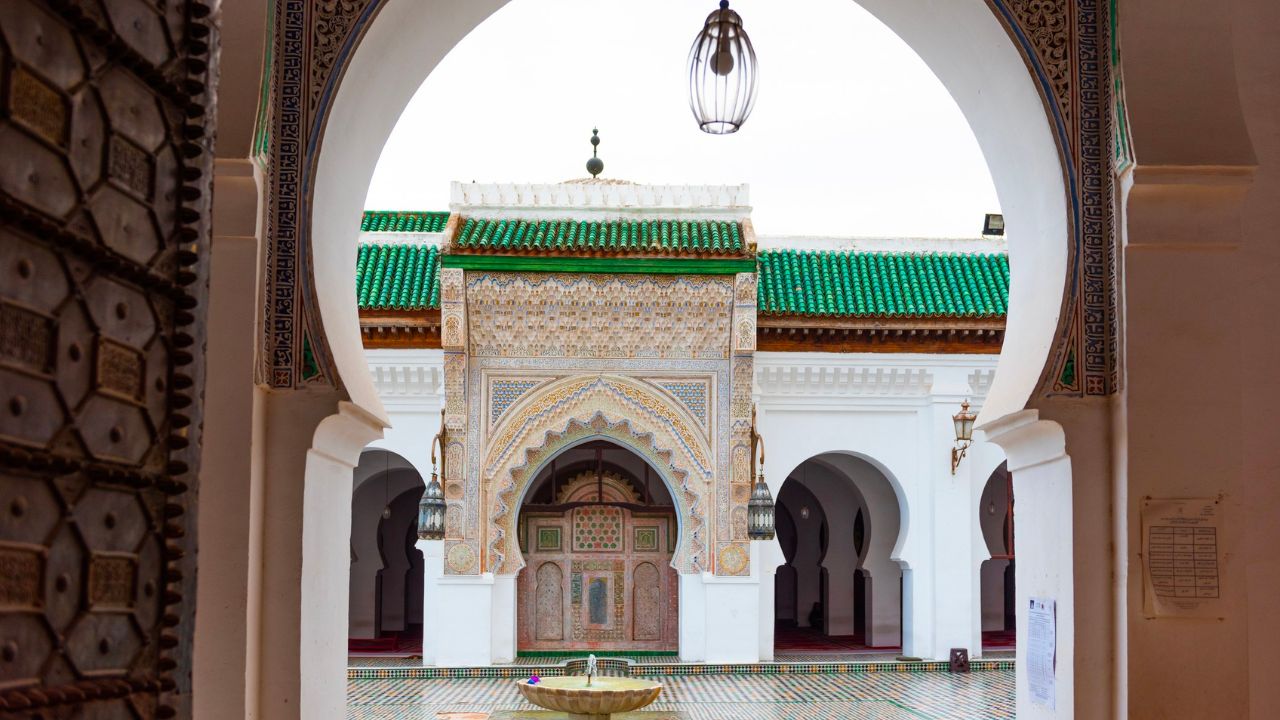Muslims have made significant contributions to the world throughout history, including in the field of science and technology. Many inventions from the Islamic Golden Age have had a profound impact on the modern world, shaping the way we live, work, and communicate today. In this article, we will explore some of the most significant Muslim inventions that have shaped the modern world.
- The Printing Press
While the printing press is often associated with European inventors such as Johannes Gutenberg, it was actually first developed in the Islamic world. The first movable type printing press was invented by the Muslim inventor Bi Sheng in China in the 11th century, while the first printing press with a mechanical press was developed by the Muslim engineer Al-Muqtadir in Baghdad in the 10th century.
- Algebra
Algebra, a branch of mathematics that uses letters and symbols to represent numbers and solve equations, was developed by the Muslim mathematician Al-Khwarizmi in the 9th century. The word “algebra” is derived from the Arabic word “al-jabr,” which means “reunion of broken parts.”
- Clocks
The first mechanical clocks were developed in the Islamic world in the 9th century. The most famous of these was the water clock, which used a series of bowls to measure the passage of time. Later, the Muslim inventor Al-Jazari developed a range of sophisticated mechanical clocks, including the elephant clock, which featured moving figures and could tell the time accurately.
- Optics
The Muslim physicist Ibn al-Haytham, known in the West as Alhazen, made significant contributions to the field of optics. His work on light and vision paved the way for the development of eyeglasses and lenses, and his book, “Kitab al-Manazir,” is considered one of the most influential works on optics in history.
- Hospitals
The first hospitals as we know them today were developed in the Islamic world during the 9th century. The first hospital was founded in Baghdad by the Muslim physician Al-Razi, and it provided free healthcare to all patients regardless of their social status. Muslim hospitals were known for their cleanliness and their emphasis on patient care, and they were staffed by highly trained physicians and nurses.
- Coffee
Coffee, one of the most popular beverages in the world, was first discovered in Ethiopia and then spread to the Muslim world in the 15th century. The first coffeehouses were established in the Islamic world, and they quickly became popular gathering places for scholars, intellectuals, and traders.
- Surgical Instruments
Many of the surgical instruments used in modern medicine were first developed in the Islamic world. Muslim physicians such as Al-Zahrawi and Ibn Sina developed a range of surgical tools, including scalpels, forceps, and surgical scissors.
- Navigation
Muslim scholars developed techniques for celestial navigation, which were used for maritime travel and exploration. The astrolabe, an instrument used for determining latitude, was invented by Muslim scholars, and Muslim sailors developed maps and charts that were used to navigate the seas.
- Flying Machine
The first successful flying machine was designed by the Muslim polymath Abbas Ibn Firnas in the 9th century. Ibn Firnas made a winged device and jumped from a tower, achieving a controlled flight for a short time before landing safely.
- University
The concept of the university as an institution of higher learning with faculties and degrees was first established in the Muslim world. The University of al-Qarawiyyin in Morocco, founded in 859, is recognized by UNESCO as the oldest continuously operating degree-granting university in the world.
- Surgery
Muslim physicians made significant advances in the field of surgery, developing new techniques and inventing surgical instruments that are still used today. Al-Zahrawi, also known as Abulcasis, is considered the father of modern surgery for his contributions to the field. He wrote a medical encyclopedia that included detailed descriptions of surgical techniques and instruments.
- Toothbrush
The modern toothbrush was invented by the Muslim scientist and scholar, Ibn al-Nafis, in the 14th century. He used a combination of horsehair and miswak, a twig from the Salvadora persica tree, to create a toothbrush that was effective at cleaning teeth.
- The Crank
The crank, an important mechanism used in many machines today, was invented by the Muslim engineer Al-Jazari in the 12th century. He used cranks to convert rotary motion into reciprocating motion, which allowed for a variety of machines to be developed, such as water-raising machines and mills.
In conclusion, Muslims have made significant contributions to the world through their inventions and innovations. From the flying machine and toothbrush to universities and surgical instruments, these inventions have shaped the way we live, work, and communicate today. By acknowledging these contributions, we can appreciate the diversity of human knowledge and the shared human pursuit of understanding the world around us.













































